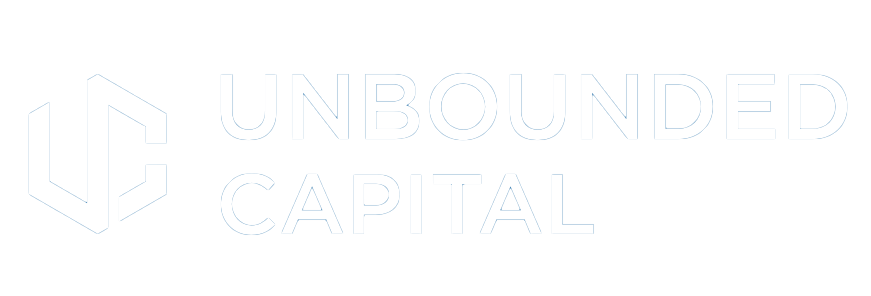Facebook’s recent foray into the cryptocurrency space with the Libra token has spurred a slew of opinions on if it will be another enormous success or Facebook’s first spectacular failure. But what is Libra? As it currently stands, in light of early regulatory roadblocks and lack of functioning MVP, Libra is simply an idea described in a white paper, a few supplemental documents, and a test network. To judge the quality of this currently unrealized idea, we need to understand what Libra aims to become once actualized.
Based off the publicly released information at the time of this writing (7/23/19), Libra’s success state appears similar to a PayPal or Venmo but with the potential of a more global reach and specific focus on minimizing fees in the notoriously expensive-to-operate-in developing world. In addition, Libra aims to provide a less volatile base currency in terms of purchasing power compared to the currencies used in many of these jurisdictions.
This approach poses some initial problems. One concern when aiming to become a global paypal with its own currency is that this business model directly challenges the central banks of the countries in the developing world in which Libra will go to market. In banking, as we’ve seen attempted by Robinhood and others fintech companies, the tried and true Silicon Valley mantra of moving fast and breaking things doesn’t work so well. This would likely apply even more so for the intersection of banking and monetary policy. If Libra were to take an approach of directly challenging central banks around the world, it wouldn’t likely get to market or maintain legal compliance in most jurisdictions for long.
Facebook is not stupid, and for all the talk of Libra being an open cryptocurrency for the people, it’s likely that by the time of launch they will make sure to have all the formal and backchannel approvals needed from regulators and central bankers around the world. As a result, we think if Libra launches it will focus on remittances within developing nations rather than competing with payments and banking in so as not to seem too threatening to these institutions upon launch. This would allow Libra to compete in an area where countries are comfortable having foreign companies operate, and even dominate, that segment of their market.
While these potential successes could bode well for Facebook’s profitability, it’s important to note what this success state of Libra lacks; namely, the promise and unknown potential of a public immutable data ledger emerging from the incentive structure of a global proof of work blockchain like Bitcoin. While Libra, as a PayPal 2.0, could be the next in a storied history of hugely successful Silicon Valley fintech companies, it cannot build the novel network anticipated by the potential of Bitcoin.
Overall, the advent of Libra is a positive development for cryptocurrencies and blockchain whether it goes live or not. There is now an increased public awareness of blockchain and the innovations enabled by the technology as well as a sense of legitimacy from the broader public. Some in the crypto space see Libra as a harbinger of increased regulation. While those that seek to shield crypto from any future legal compliance may not like it, anyone serious about mass adoption has to accept that regulation is coming, for the long-term benefit of the industry. Beginning the process of iterating on this regulation sooner than later is likely for the best.
Next week, we will dive into what it would mean if Libra achieves its goals.

